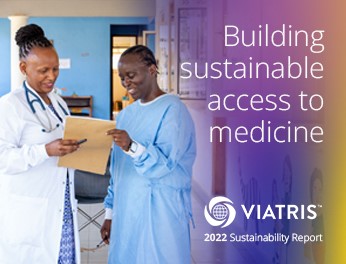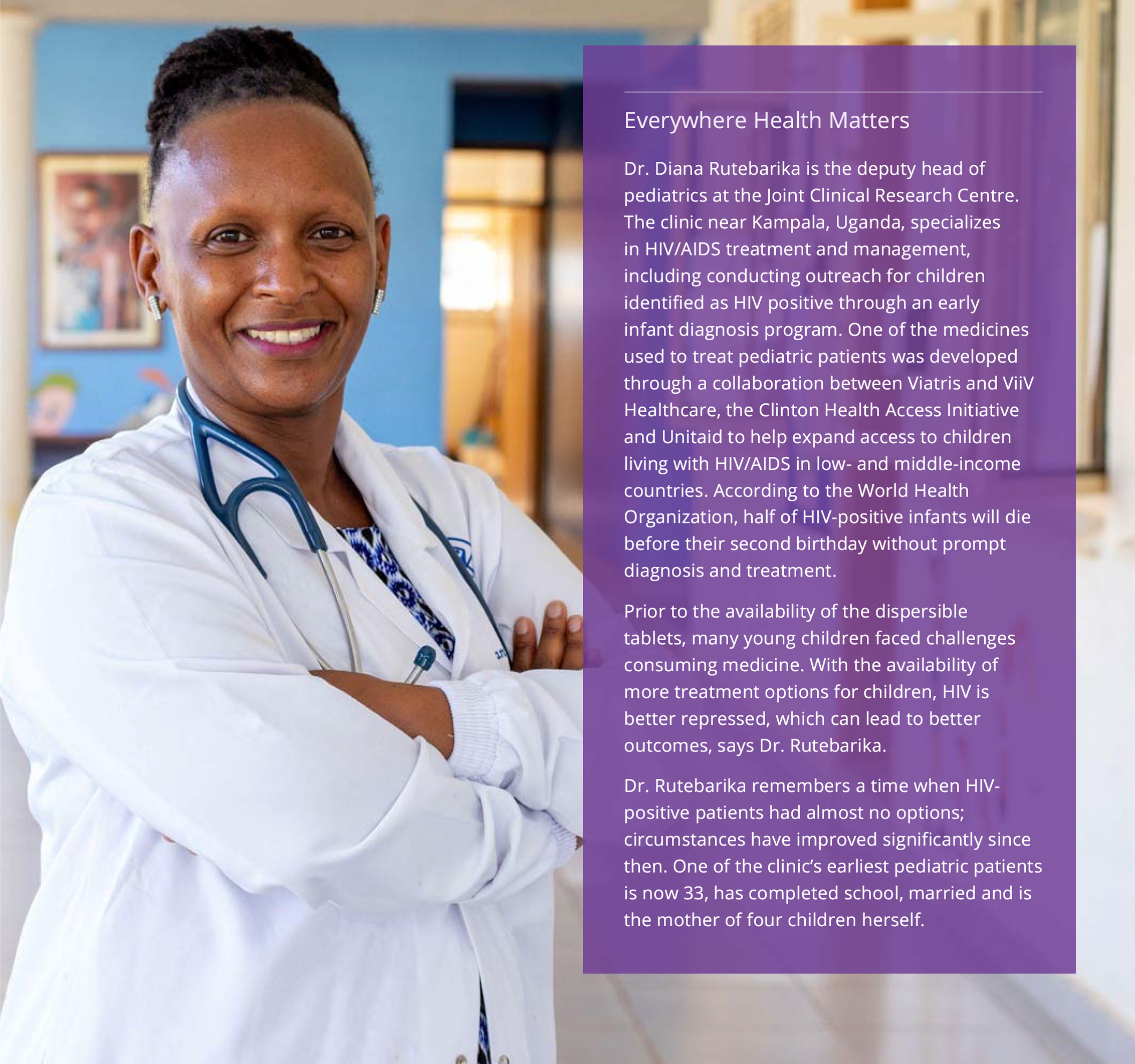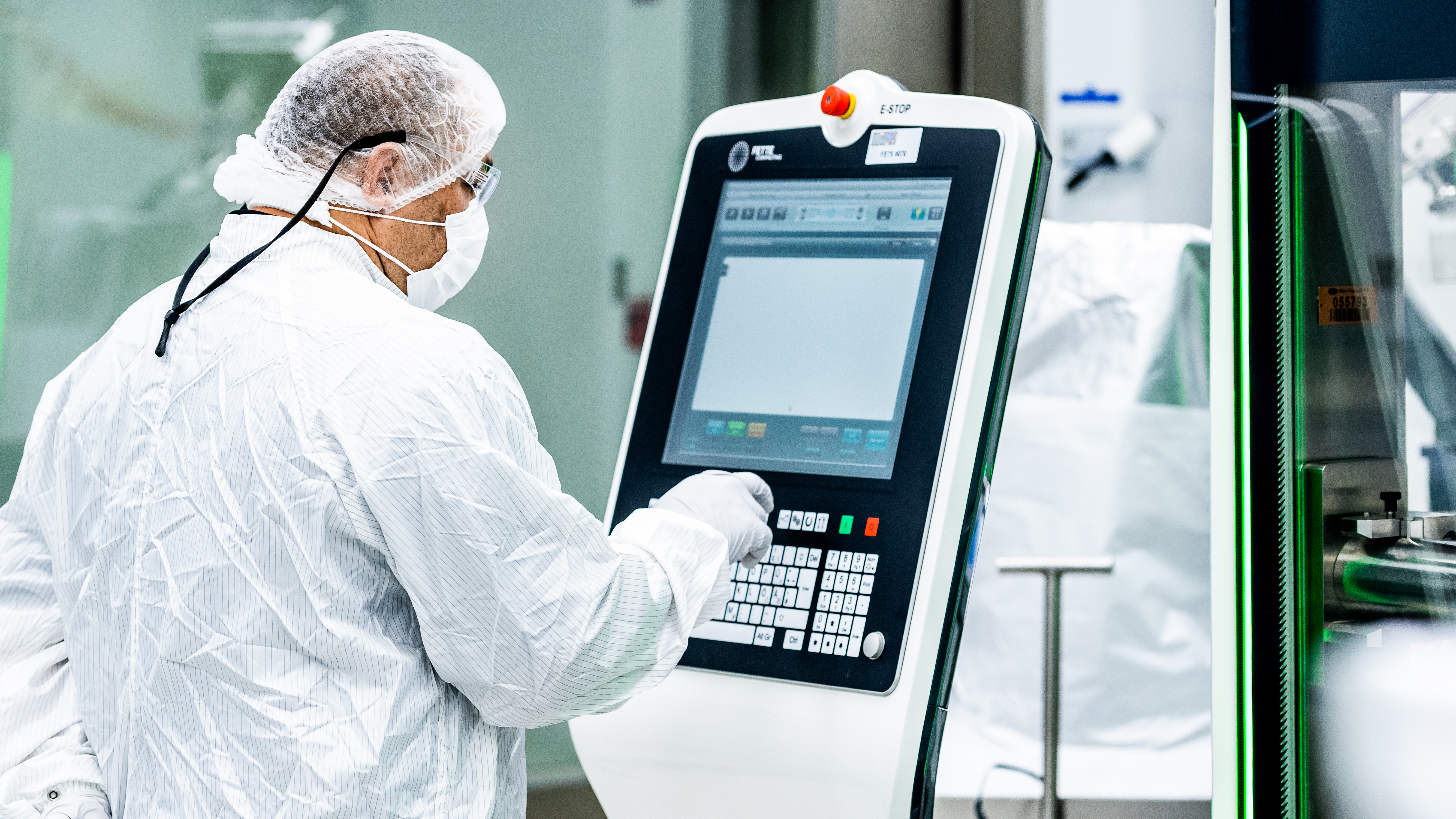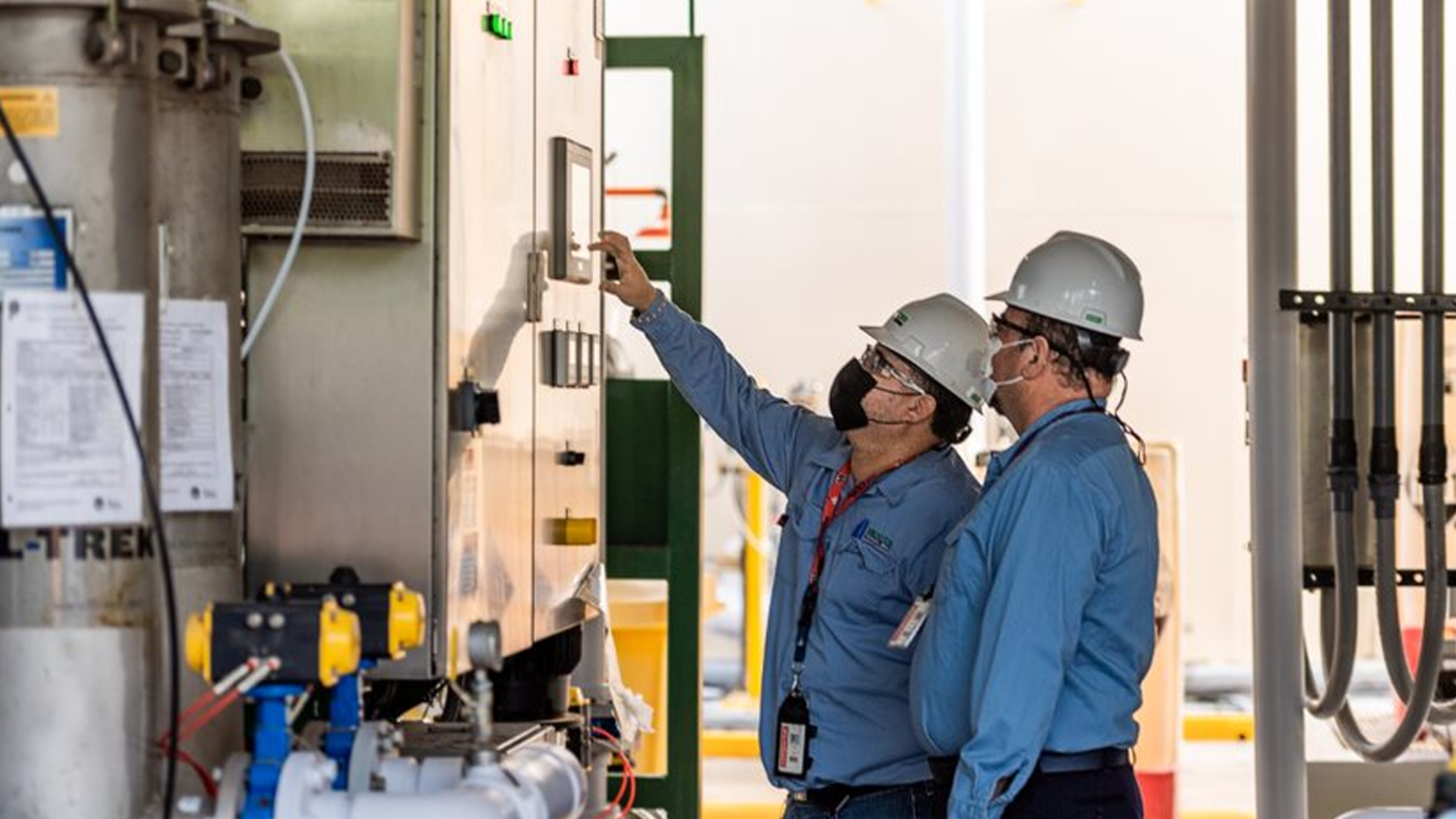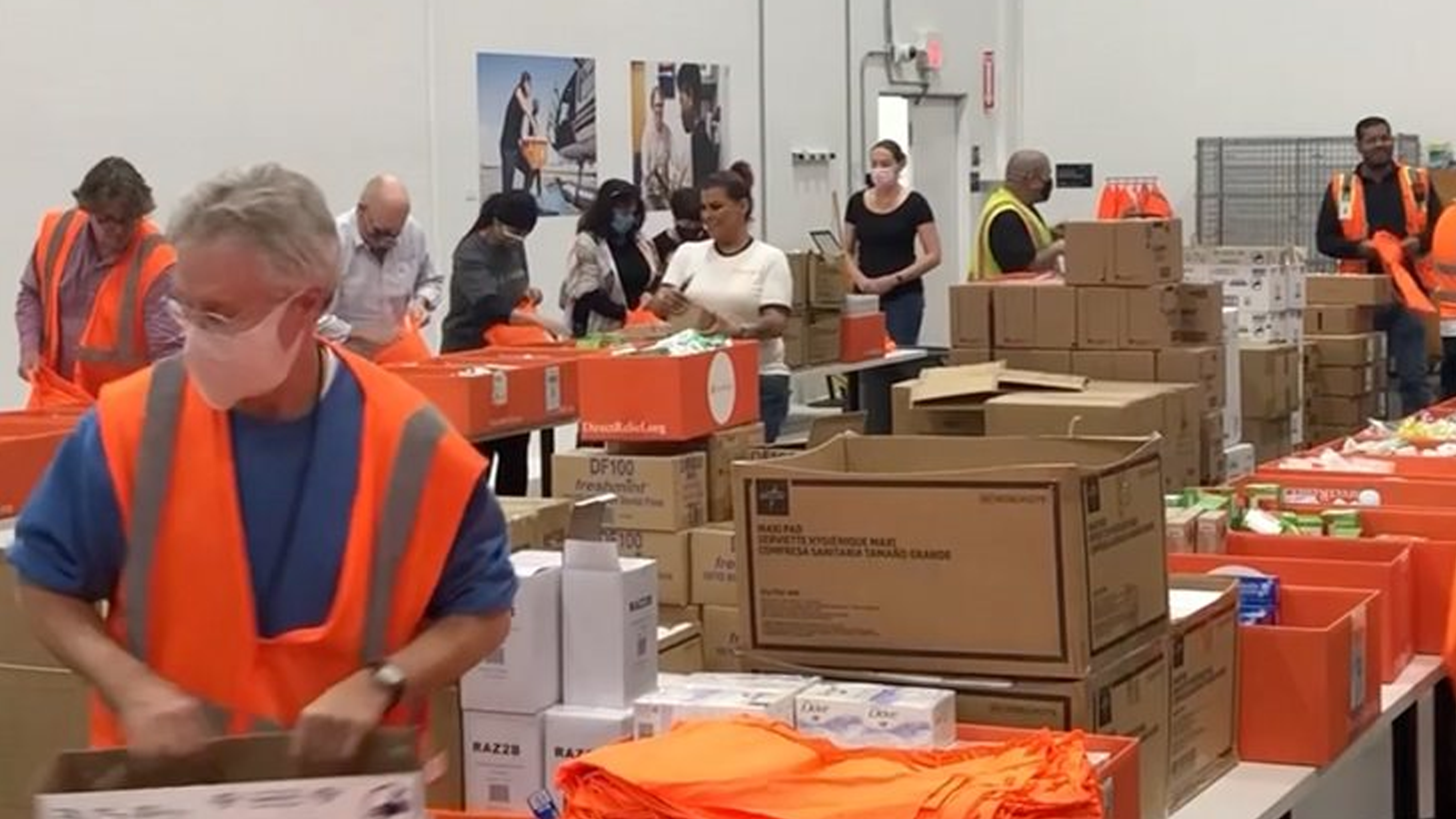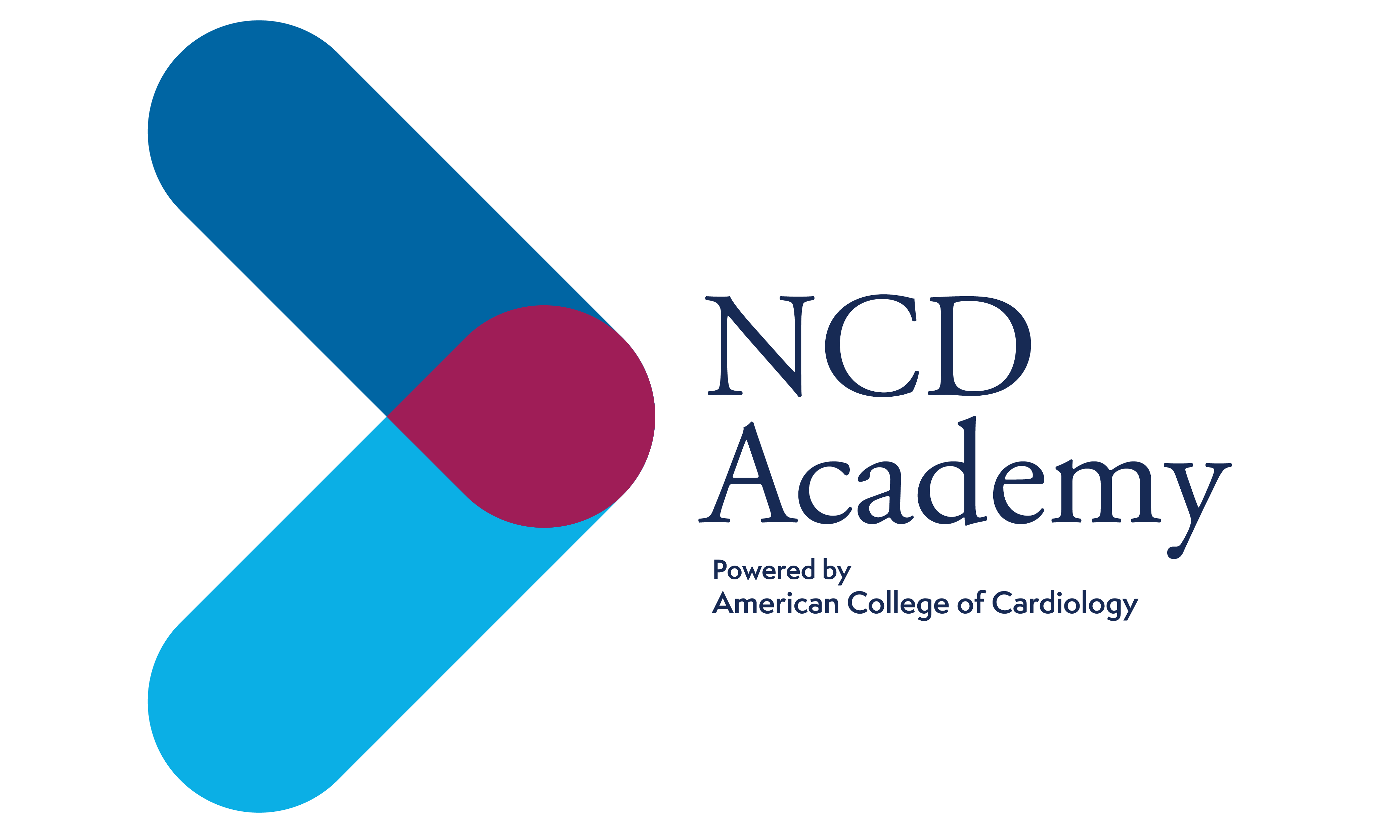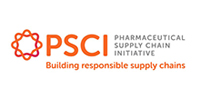Policies and Other Resources
California Supply Chain Transparency, UK and Australia Modern Slavery Statement
Pharmacovigilance Quality Manual Policy Summary
Responsibilities of Pharmacovigilance System Stakeholders Policy Summary
Viatris Anti-Bribery and Anti-Corruption Business Standards for Vendors and Agents
Viatris Anti-Corruption Policy Summary
Viatris Antitrust and Fair Competition Policy Summary
Viatris Audit Committee
Viatris Climate Change Policy
Viatris Code of Business Conduct and Ethics
Viatris Compliance
Viatris Compliance Committee
Viatris Diversity and Inclusion policy
Viatris Environmental Stewardship Policy Summary
Viatris Fair Competition and Antitrust Business Standards for Vendors and Agents
Viatris Health and Safety Policy Summary
Viatris Partnerships and Collaborations
Viatris Policy on Combating Trafficking in Persons
Viatris Policy on Prohibiting Discrimination, Harassment and Retaliation
Viatris’ Policy Statement Regarding Slavery and Human Trafficking
Viatris Report on U.S. Opioid Abuse
Viatris Standards for Interactions with Healthcare Professionals (“Standards”) Policy Summary
Viatris Statement on its Policy Against the Use of its Products in Capital Punishment
Viatris Supplier Code of Conduct
Viatris Water Policy
Other Relevant Governance Documents
FAQs
How is Viatris addressing the global challenge of climate change?
Climate change is impacting public health, and as a healthcare company with a global presence, we must do our part to address climate change head-on. (See our Global Climate Change Policy). We have committed to set near-term companywide emission reduction targets in line with the latest climate science, in accord with The Science Based Target Initiative (SBTi). These near-term targets have been approved by the SBTi.
• Our targets are to reduce Scope 1 and 2 emissions by 42% by 2030 from a 2020 baseline and to reduce Scope 3 emissions by 25% by 2030 from a 2020 baseline.
To achieve our Scope 3 target, we plan to further intensify our supplier engagement. For our suppliers, we plan to develop and deploy a program to help us collect additional supplier data. Ultimately, we want to support our suppliers in setting their own science-based targets.
We have also worked with our suppliers to reduce our GHG emissions from freight transportation. We have increased the number of products shipped via ocean to more than 60%.
Operations sites set various short-term strategies to help progress the company’s overall commitments and goals. These include increasing the purchase of renewable energy, utilizing alternative fuel sources, reducing fugitive emissions, and phasing out ozone-depleting substances.
We are implementing energy-efficiency and emissions-reduction projects and are tracking GHG emissions monthly, evaluating GHG reductions annually and re-evaluating short- and long-term emission reduction strategies as needed to achieve our targets.
For examples across the Viatris network, please see our 2022 Sustainability Report.
In addition to the above-noted climate targets, we have also launched initial water and waste goals. Please learn more in our 2022 Sustainability Report.What is Viatris doing to address antimicrobial resistance (AMR)?
As a global pharmaceutical company whose mission it is to empower people worldwide to live healthier at every stage of life by providing access to high-quality trusted medicines, Viatris is committed to working with stakeholders across the industry to combat antimicrobial resistance (AMR), which occurs when pathogens, such as bacteria or viruses, evolve to withstand the effects of medicines like antibiotics or antiretrovirals. AMR is a significant threat to global health and economic development and is a leading cause of death globally. Recent research shows that in 2019, more than 1.2 million people are estimated to have died directly from antibiotic-resistant bacterial infections, and nearly 5 million deaths were associated with bacterial AMR.1 By 2050, it is estimated that AMR will cause more deaths than cancer.
Many factors contribute to AMR, including poor infection control and the over-prescribing and inappropriate use of antibiotics. Fighting AMR requires a multipronged approach and the collaboration of many stakeholders.
As a founding member of the AMR Industry Alliance (AMR IA), we are committed to partnering across industry to collectively advance initiatives addressing AMR. These efforts have led to progress in advancing science-based approaches to help manage the impact of antimicrobial manufacturing, develop initiatives to enhance antibiotic stewardship and improve sustainable access to appropriate antibiotics. Access to high-quality antimicrobials and timely treatment is key in mitigating the rise of AMR. Viatris is a leading supplier of antimicrobials, including older antibiotics that can be valuable in treating some resistant bacteria
We have adopted the AMR Industry Alliance Common Antibiotic Manufacturing Framework for our own operations and external supply chain
We recognize the importance of transparency and exchange of good practices as part of striving for collective progress to address AMR. In that spirit, we report on our systematic efforts and progress in our annual sustainability report. We also participate in the AMR Industry Alliance Progress Report and the Access to Medicine Foundation’s AMR Benchmark. In the 2022 AMR Benchmark, Viatris has been recognized as one of the top three generics manufacturers for championing appropriate access, stewardship and responsible manufacturing, including our efforts to make treatment for drug-resistant tuberculosis available in more countries.
To learn more about Viatris’ work in establishing sustainable access to medicine, supporting more resilient healthcare systems, and environmental stewardship – please see our 2021 Sustainability Report.
1 Global burden of bacterial antimicrobial resistance in 2019: A systematic analysis
